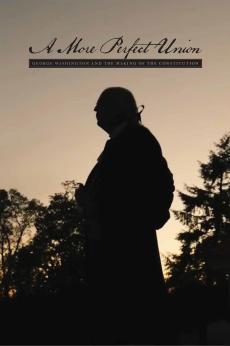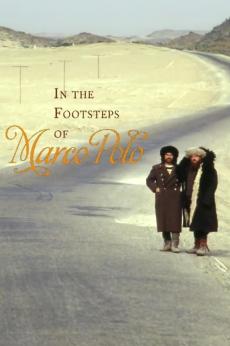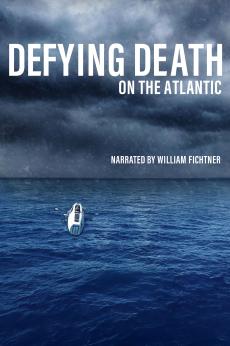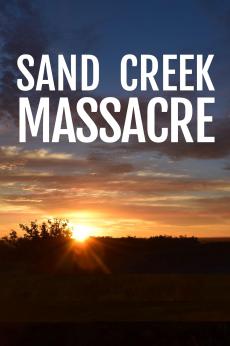“The Homeless, Tempest-Tossed” (1942 - )
A group of dedicated government officials fights red tape to finance and support rescue operations. As the Allied soldiers advance, uncovering mass graves and liberating German concentration camps, the public sees for the first time the sheer scale of the Holocaust and begins to reckon with its reverberations.
Previews + Extras

Not Every Jew Died in a Concentration Camp
S1 E3 - 3m 49s
Award-winning memoirist Daniel Mendelsohn reflects on myths surrounding the Holocaust, like how people assume every Jew died in a concentration camp or gas chamber. But that’s only part of the story – they were killed in all different manners and unimaginable ways. The tragedy is that there were millions who couldn’t be rescued, and the particularity of what happened is already being erased.

The War Refugee Board & Hungary
S1 E3 - 5m 59s
In 1944, President Roosevelt established the War Refugee Board – the only government agency created by any of the Allies specifically to do what it could for the Jews still under Nazi threat. Much of the Board’s most effective work was focused on Hungary with the help of fellow diplomats from neutral nations. It was still home to some 800,000 Jews, the largest remaining population in Europe.

Life in Auschwitz
S1 E3 - 5m 22s
Holocaust survivor Eva Geiringer reflects on life in Auschwitz. In 1944, Americans first learned details of the camp when three escapees meticulously documented what they’d seen. When the War Refugee Board received the report from Switzerland, they made the firsthand testimony public, and it became headline news. But Americans still couldn't grasp the scale and scope of the crime.
Similar Shows

The Bigger Picture
History


Country Music
History

Huey Long
History

In the Footsteps of Marco Polo
History

Defying Death on the Atlantic
History

Above and Beyond
History

A Chocolate Lens
History

Life in Ancient Times
History

Sand Creek Massacre
History
PBS PASSPORT
Stream tens of thousands of hours of your PBS and local favorites with WETA+ and PBS Passport whenever and wherever you want. Catch up on a single episode or binge-watch full seasons before they air on TV.